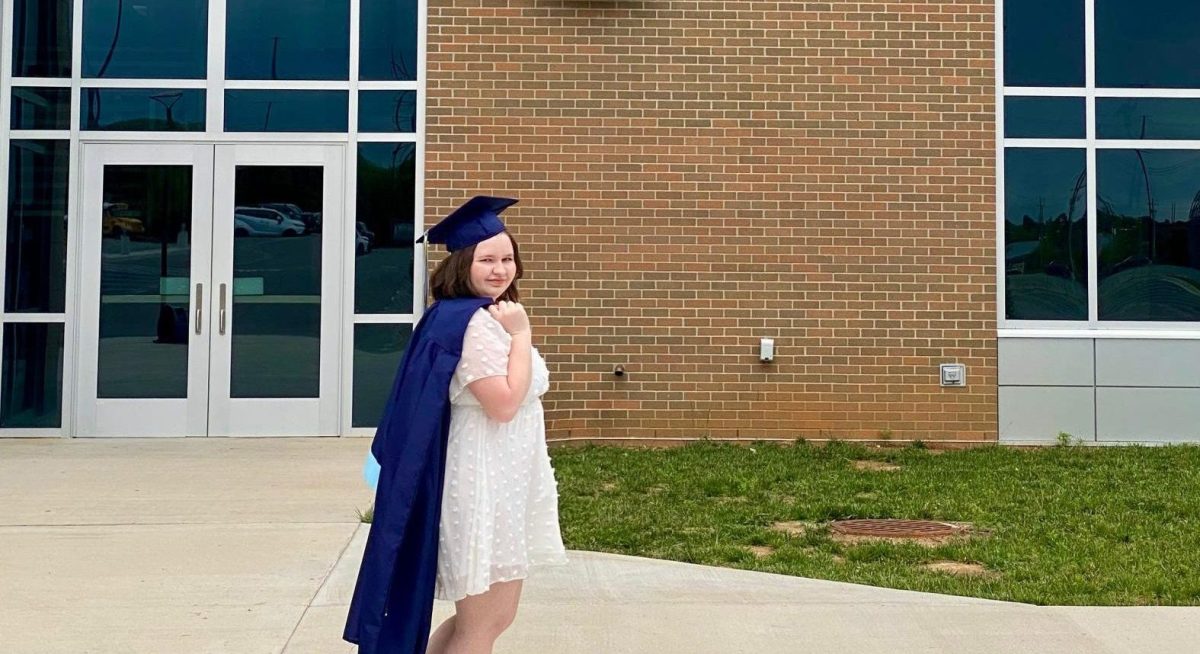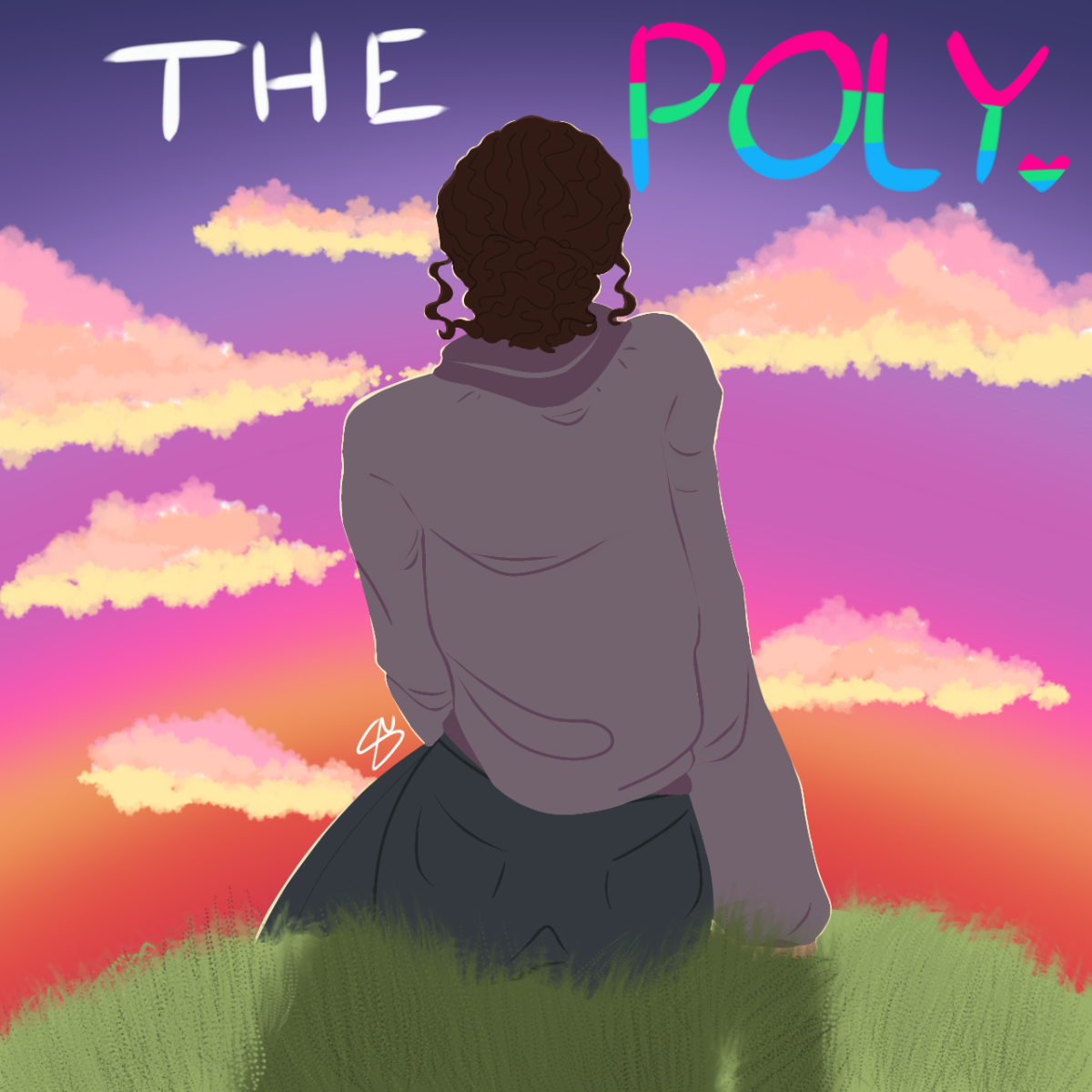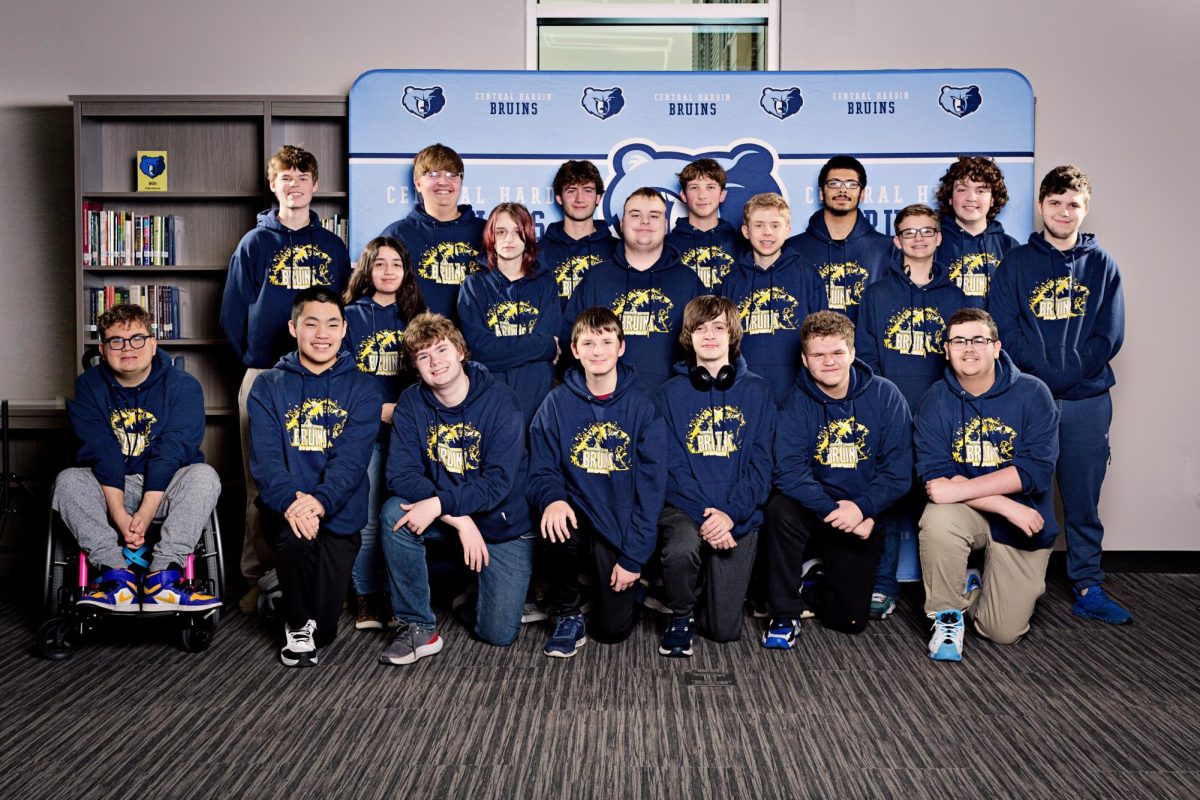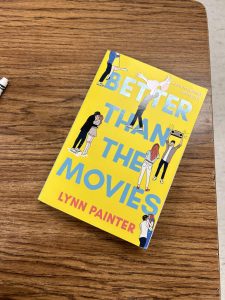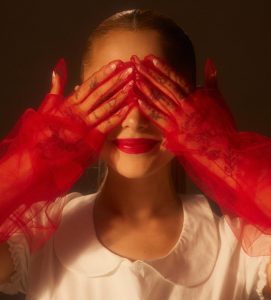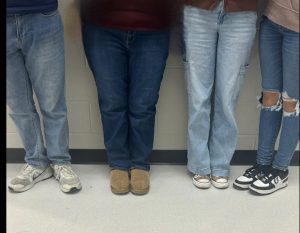Does Reality TV Promote Dangerous Stereotypes?
January 12, 2023
No matter how old you are or what your taste in TV shows is, you most likely have heard of or watched a reality TV show.
It could be Love Island, The Bachelorette, Keeping Up with the Kardshians, and even Dance Moms.
Whatever your show of choice is, most reality television shows portray major stereotypes.
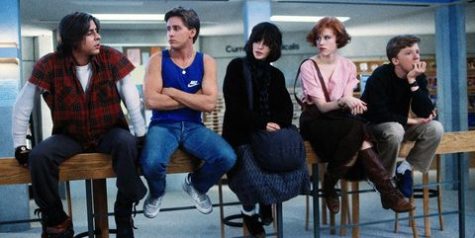
The biggest debate; do these stereotypes hurt people?
Common stereotypes include;
- The jock
- The goth
- The cheerleader
- The geek
- The bad boy
The jock stereotype centers around an athletic person (usually a guy) that is the face of the school and is super popular everywhere he goes.
The goth, or anyone who likes to do anything other than dress in hot pink or sports jackets, is commonly the one who stands in the background and tends to have an “I don’t care” attitude.
The cheerleader image is usually a pretty face that has ambition, but is normally only ambitious towards getting the crown during her senior prom.
The geek stereotype is usually a guy or girl that has glasses and spends most of their time studying and raising their hand to answer every question in class.
The bad boy generally dresses in leather and has multiple crimes on his record. Even if he isn’t a good guy, girls go crazy over any guy that doesn’t follow the rules.
These five stereotypes are perfect examples of how these personality slots can affect the viewers of the show, or even in reality.
Most kids probably feel like stereotypes don’t directly apply to them, but they affect them more than they think.
Putting people into these stereotypes hurts their ego and their sense of belonging in settings when they are around friends and family.
Let’s say you’re known as the geek at school, for example. If I were this person, I’d feel like no one saw the depth that I had to my personality. I mean I could be an avid sports fan and you’d never ask because you saw me as an academic snob.
Stereotypes cover up the fact that you could be an entirely different person under the clothes you wear and how you carry yourself.
They way people perceive you could be important to you or not, but the assumptions people tend to make aren’t your fault.
For example, say someone says this person is a weird kid because they smell. What people can’t tell by eyesight and smell may be that they’re family can’t afford hygienic products for them to use.
As you can see, people tend to immediately label people based on things they can see, but these assumptions hurt the majority of people.
It’s same thing for teachers and staff members.
Just because a teacher dresses in all yellow every day doesn’t mean they feel the happiest all the time.
I love reality TV shows, and a majority of the student body, as well as the staff, can most likely agree. But it hurts people despite the drama and jokes they throw in the script.
These shows are promoting stereotypes despite if that’s their true intention or not.
It’s quite common for people watching a certain show to act like a certain character or say things that they said. If it happens to be a reality show, these tendencies could influence a person to act wrongly and even enforce these types of stereotypes on their lives.
Whether you choose to watch these shows or not, be cautious on how you categorize other people based on their appearance.
Watching reality TV shows affects more than just yourself. It affects you, certainly, but also your friends, family, and school environment.


